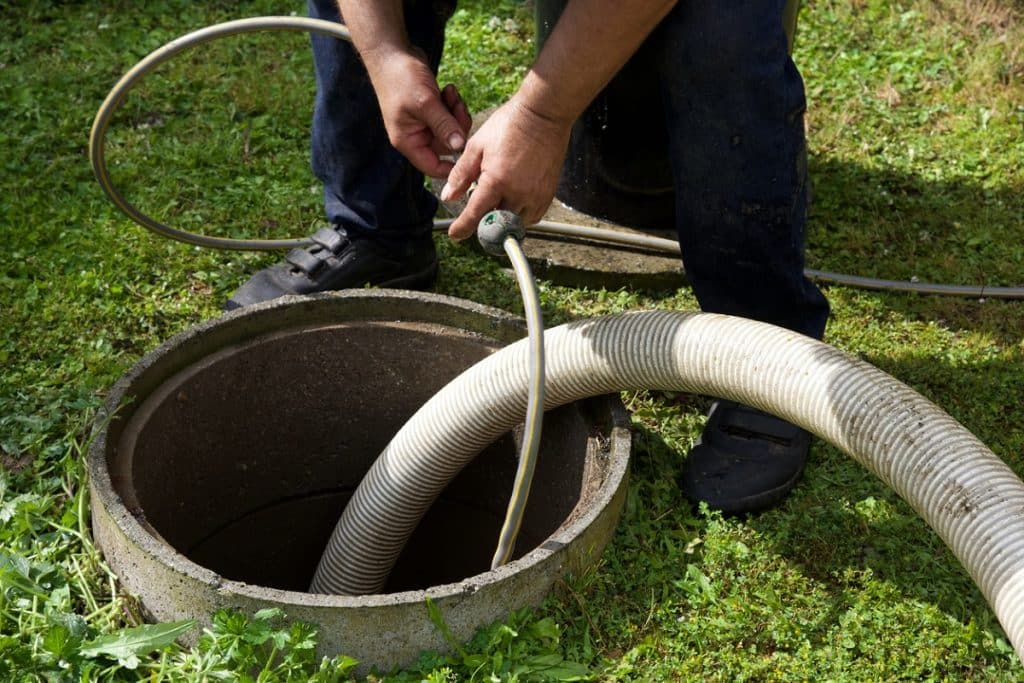Sewer line blockages are an expensive repair that many homeowners want to avoid at all costs. But if you don’t know the small things that can lead to a big repair problem, you may accidentally contribute to a blockage without even realizing it. Here, you’ll discover five ways to prevent sewer line blockages. They’re easy and simple to implement.
1. Schedule Annual Drain Flushes
Drain flushes use high-powered water jets to push debris, dirt, and clog-causing waste out of your sewage line. Yearly professional drain cleanings are an easy way to keep your plumbing clean, prevent damage, and extend the lifespan of your pipes. Another benefit of annual flushes is that they include inspections. This can make it easier to catch problems like leaks or loose plumbing before they become costly repairs.
2. Keep a Close Eye on Trees
Tree root invasion can cause a massive sewer blockage and even rupture the line. Trees grow toward water sources, and if a tree is too close to your sewage line, its roots may eventually invade the pipe.
Ideally, trees should be at least 10 feet away from your sewer line to prevent tree root invasion. You can consult with a plumber if you need to determine where your line is.
3. Don’t Put Grease Down Your Drain
Grease doesn’t rinse away easily, even if you run hot water for several minutes after putting it down your pipes. Instead, grease, oil, and fats cling to the walls of pipes, making them slick and more likely to catch and hold other debris.
Whenever you have grease or a similar substance, dispose of it in the garbage. Grease-laden drains require professional cleaning to completely remove the contaminant from the pipe walls.
4. Use Hair Catchers
Hair can build up in pipes over time, eventually forming large masses that can block a sewage line. This is especially true in homes with multiple bathrooms. An easy fix is to install a hair catcher that allows water to pass through but stops hair from running down your drain. In addition to protecting your sewer, this simple device can also help prevent annoying clogged pipes and slow-draining sinks, tubs, and showers.
5. Consider a Sewer Inspection
Professionals take a non-invasive approach to sewer line inspection that helps you be proactive with your plumbing. Sewer inspections use small cameras to inspect the interior of your sewage system. They allow homeowners to identify potential risks and implement solutions before they are faced with serious damage.
Overall, sewer line inspections are the most cost-effective way to find out if you have a blockage or other hazard with your sewer line. You can then develop custom solutions to minimize disruptions and costs.
If you’re in need of sewer line repair in Augusta, GA, contact our expert team at Drain Surgeon today!





